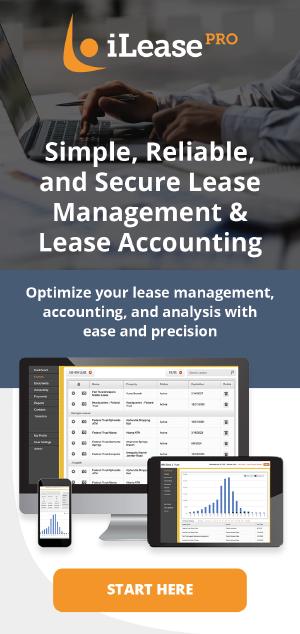Understanding Lease Accounting Under IFRS 16
On January 13, 2016, the International Accounting Standards Board (“IASB”) issued International Financial Reporting
Standard 16 Leases (“IFRS 16” or “the Standard”) substantially changing the manner in which lessees account for leases.
IFRS 16 is effective for annual periods beginning on or after January 1, 2019. The Financial Accounting Standards Board
is expected to issue its version of the change in the lease accounting standard in February 2016.
As a result of
IFRS 16, business entities that report in accordance with IFRS standards will have to recognize a financial liability
and a right-of-use asset for most lease obligation (no more off balance sheet treatment for operating leases).
Additionally, what had previously been classified as lease expense on the income statement will now be classified in
two parts, amortization and interest expense.
In conjunction with the issuance of IFRS 16, the IASB also issued
an Effects Analysis regarding IFRS 16 which describes the likely costs and benefits of the Standard. The Effects
Analysis employs a number of assumptions in drawing its conclusions and also contains a number of interesting
observations as follows:
- Listed Companies (firms whose shares are listed on a stock exchange for public trading) using IFRS or US GAAP disclose almost $3 trillion of off balance sheet lease commitments and almost half of the Listed Companies are expected to be affected by the accounting change.
- 62% of the Listed Companies in North America and 47% of the Listed Companies in Europe use off balance sheet lease financing.
- All Industry Sectors will be affected but the Industry Sectors most impacted will be Airlines, Retailers and Travel and Leisure.
- Unlisted Companies will not be as significantly impacted as Listed Companies but Unlisted Medium Sized and Large Companies with more than 250 employees will see the major impact of the accounting change.
- The structure of leasing transactions may be impacted by the accounting change but leasing is expected to continue to be a major source of financing because of the significant benefits of leasing versus asset purchase or traditional bank financing.
While general observations such as these are helpful to understand the global effects of the accounting change, individual business entities must do an evaluation of how the lease accounting change will impact their business, particularly as it relates to technology requirements.



